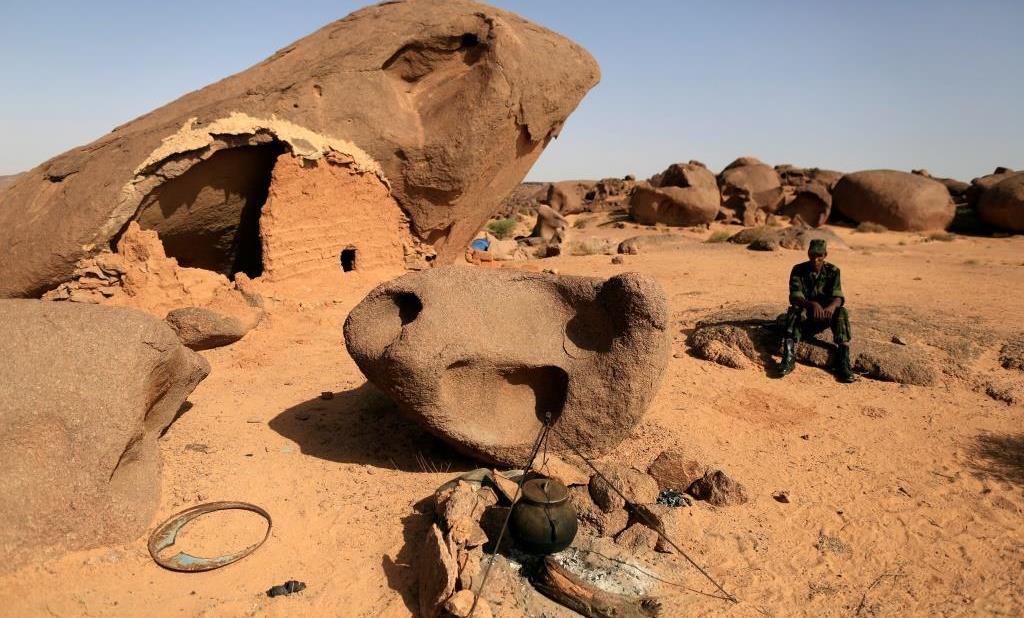In Africa, war has been a constant part of the continent’s history. Many of the conflicts were sparked by tribal and ethnic differences, fuelled by poverty, and fought over resources. Civil wars have left deep scars and affected generations. Once such wars come to an end, it is essential to address the wounds caused by these conflicts. One way of doing that is through reconciliation.
Reconciliation is defined as the restoration of harmony and re-establishment of a friendly relationship between people. Healing the wounds of war is a gradual process, and it requires victims and perpetrators to come together and engage in dialogue. In Africa, the concept of reconciliation takes on different forms depending on the context of the conflict.
For instance, in Rwanda, the 1994 genocide left over 800,000 people dead in just 100 days, mostly from the Tutsi ethnic group. After the genocide, Rwanda embarked on a journey of recovery and reconciliation. The government emphasized unity and reconciliation as a pathway to building a new Rwanda. The Gacaca courts, community courts established to try perpetrators of the genocide, encouraged reconciliation by creating an environment where both victims and perpetrators could engage in dialogue. The courts aimed to promote forgiveness and reduce revenge killings, which were still prevalent in the post-genocide era.
In South Africa, the Truth and Reconciliation Commission (TRC) was set up after apartheid ended in 1994. The TRC aimed to achieve reconciliation by exposing the truth of the atrocities committed during apartheid. Reparations and amnesty were offered to those who confessed their crimes. Although criticized in some quarters, the TRC was successful in promoting healing and preventing revenge attacks.
In Liberia, traditional justice systems were utilized to reconcile communities affected by the civil war that ended in 2003. Town hall meetings and community dialogue were convened to address grievances and promote reconciliation. The Liberian truth and reconciliation commission also played a vital role in reconciling Liberians.
Reconciliation is essentially a people-centred process that requires support from the government and the community. It emphasizes healing, forgiveness and moving forward, rather than seeking vengeance. It is not a quick fix, but a gradual process that requires patience, commitment, and resources.
In conclusion, reconciliation is a powerful tool for healing the wounds of war in Africa. African countries have used different methods to achieve it, but the underlying principles remain the same. Reconciliation is about creating a space where perpetrators and victims can come together and engage in dialogue. It is about promoting healing and forgiveness, and moving forward as a united community. Reconciliation takes time, but the benefits are far-reaching. It restores hope, promotes unity, and helps communities to live in peace.
